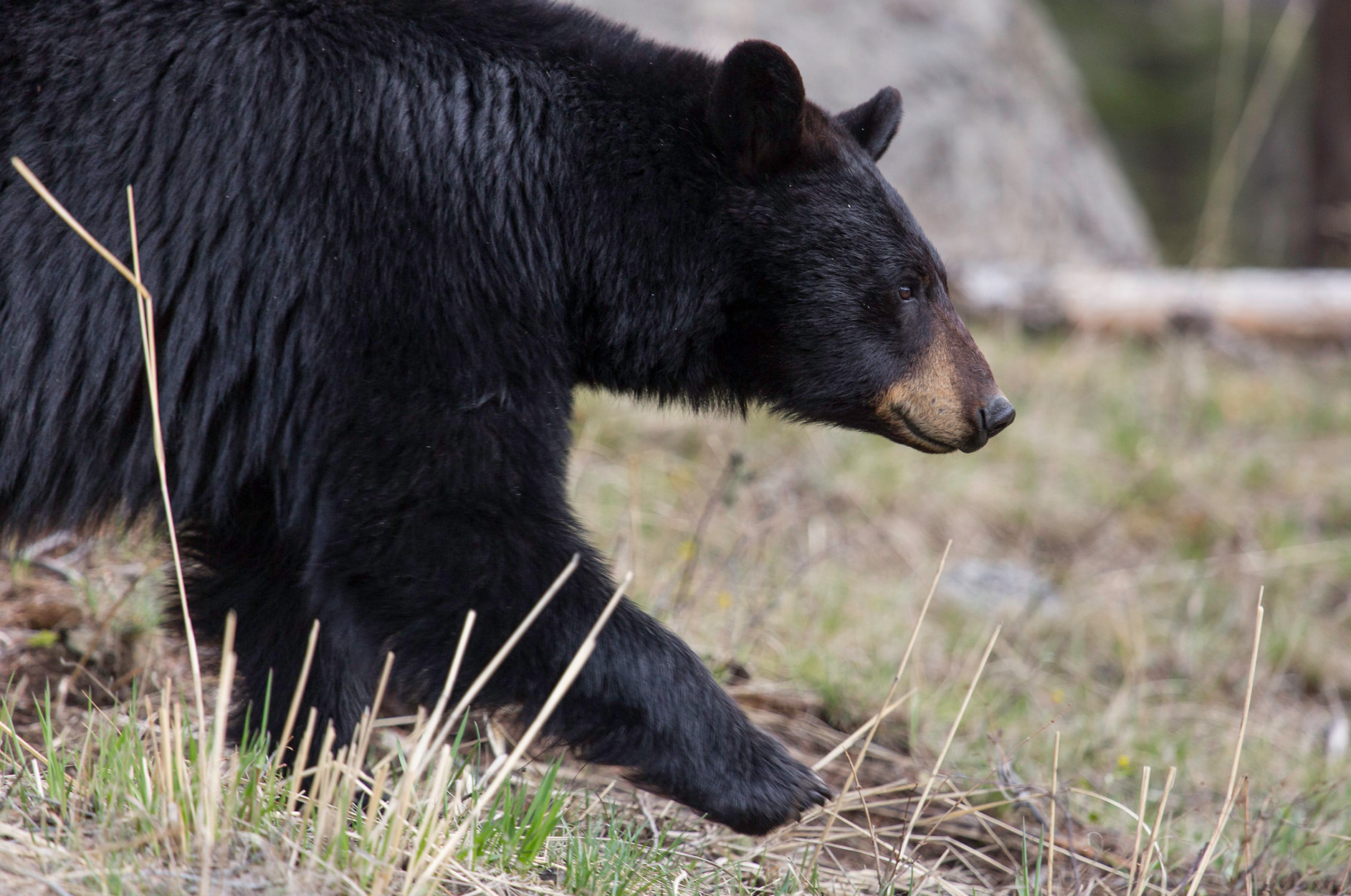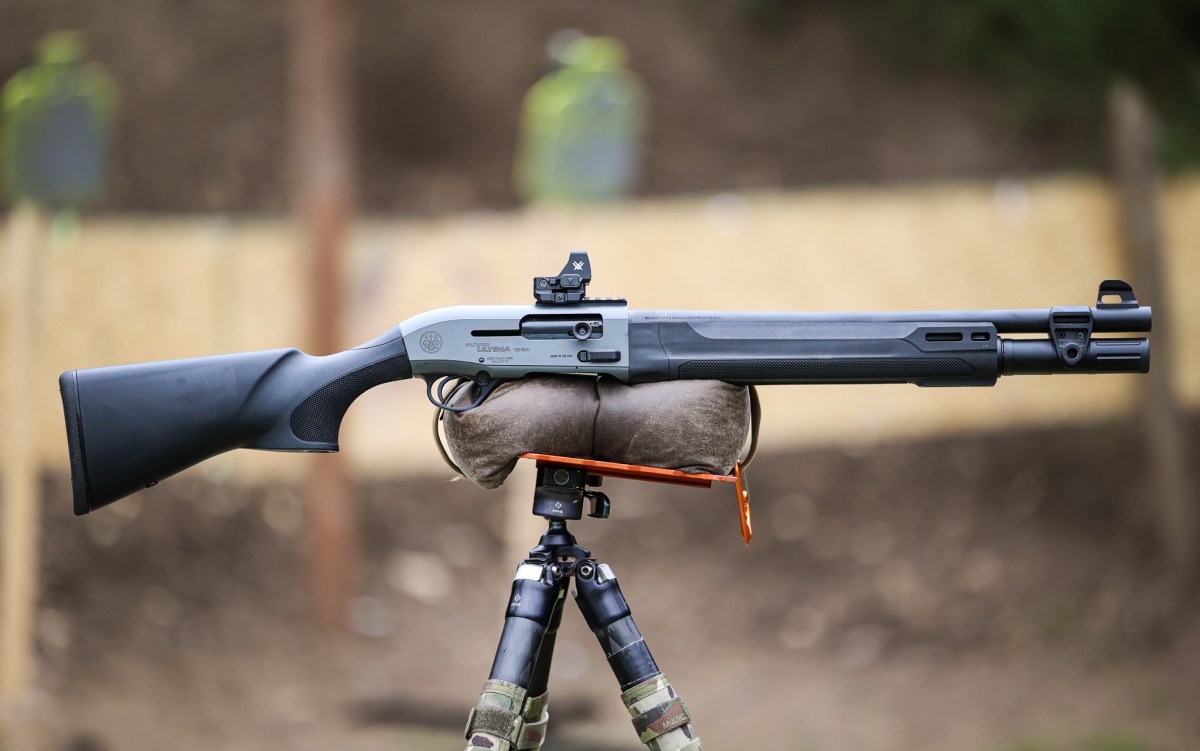163K People Just Applied for 172 Florida Bear Tags. A Bunch of Applicants Were Anti-Hunters

The lottery for Florida’s upcoming black bear hunt ended Monday at midnight with 163,459 applications submitted for just 172 tags, according to numbers provided to Outdoor Life by the Florida Fish and Wildlife Conservation Commission. Some of those applications, however, came from anti-hunters who have no interest in harvesting a bear and are hoping instead to keep tags away from legitimate hunters.
Because the lottery allowed people to submit an unlimited number of applications for $5 each, it’s hard to say exactly how many individuals participated — and even harder to determine how many of them were anti-hunters trying to gum up the system. One bear advocate said in a Facebook post Monday that a local group, Angels in Distress, had spent $185,000 on lottery applications. That’s equivalent to 37,000 applications, or roughly 23 percent of the total.
Earlier this month, Sierra Club Florida posted a tutorial video showing people how to buy a hunting license online, which was a requirement for lottery entrants. The Sierra Club specifically showed how purchasers can check a box to request a deferral from Florida’s hunter education requirements. (Under the deferral program, FWC allows those without hunter’s ed to hunt with someone who already has their hunter ed or is exempt from those requirements.)
Still, FWC communications director Shannon Knowles told OL Tuesday that the agency is aware of this campaign, but that “we have not seen this having an impact on previous hunts.”
Knowles says that FWC will evaluate the number of unused permits and hunter success after the December hunt, and the agency will use this data to shape future seasons. This means that even if anti-hunting activists draw a few tags and thereby prevent some bears from being harvested this winter, FWC would likely adjust the number of available tags in the future to make up the difference. She also notes that all of the money brought in by the lottery and subsequent tag purchases will go directly toward wildlife conservation.
At $5 a pop, the total number of lottery applications have so far brought in a little more than $817,000. Winners will then have to pay between $100 (if they are a resident) and $300 (if nonresident) to claim their tags, which will bring in an additional tens of thousands in conservation dollars. Knowles says FWC will start notifying winners via email in the coming days. They will have until Oct. 6 at midnight to claim and purchase their tag, at which point it will be forfeited to the next person in line.
Here is a full breakdown of the total lottery applications submitted for the state’s four Bear Hunting Zones:
- East Panhandle: 28,966
- North: 34,120
- Central: 49,649
- South: 50,724
FWC had originally planned to offer 187 black bear tags when the lottery first opened on Sept. 12, but the agency had cut 15 of those tags by Sept. 19. Florida Rep. Anna Eskamani, who has publicly opposed the hunt, explained in a Facebook post that FWC made this decision due to increased concerns about other known mortality factors in the northern part of the state. Florida’s first black bear hunt in a decade is still scheduled to take place from Dec. 6 to Dec. 28.
Read Next: Florida Just Approved a Black Bear Season. Connecticut Could Be Next
OL first reported on the “Bag a Tag, Spare a Bear” campaign in June, not long after Florida commissioners voted unanimously to reinstate the hunt amid pushback from bear advocates. The campaign is being led by a number of local and national organizations. This includes the Sierra Club and Bear Warriors United, which filed its second lawsuit against the FWC on Sept. 17 in yet another attempt to block the hunt from proceeding as planned.
The state’s bear population has rebounded from just a few hundred bears in the 1970s to more than 4,000 as of 2023 — with the potential to reach more than 11,000 animals by 2026. Black bear season has been closed in Florida since 1994, with the exception of a conservative hunt in fall 2015.
Read the full article here









